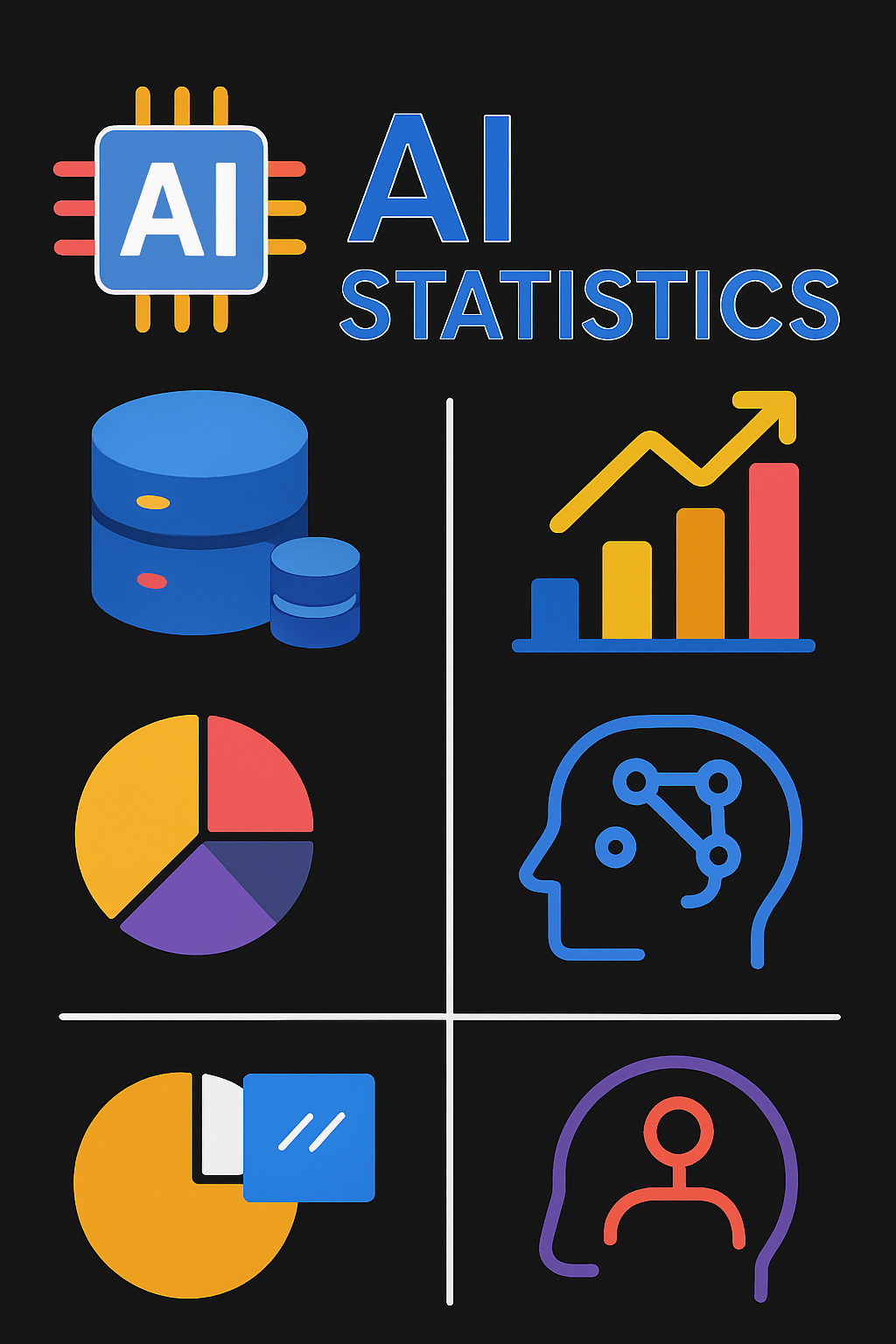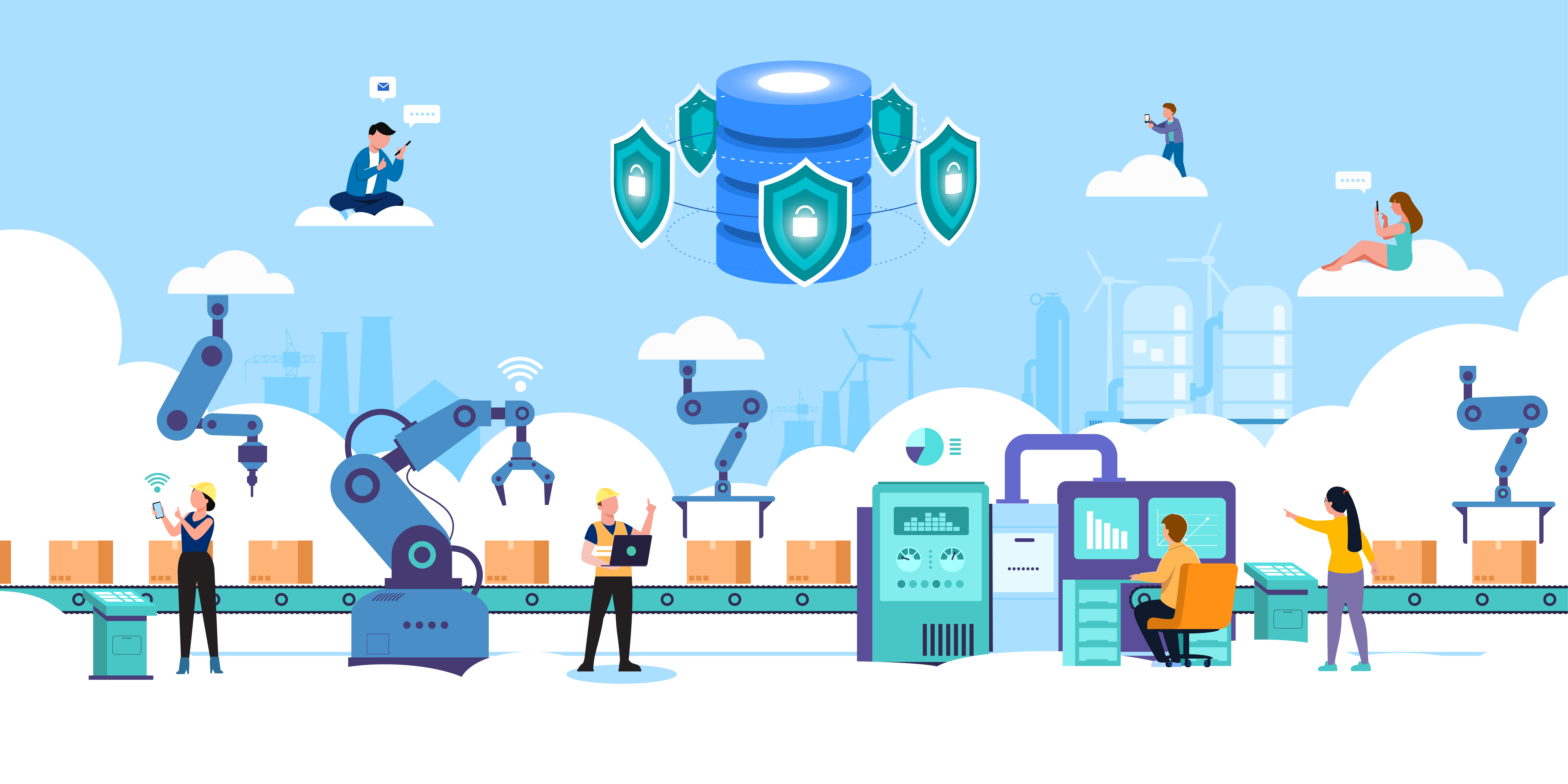AI Agents for Recruiting: A Comprehensive Guide for Hiring Teams

Strong 8k brings an ultra-HD IPTV experience to your living room and your pocket.
The landscape of talent acquisition is in constant flux, requiring hiring teams to be agile and innovative. While the core principles of identifying, attracting, and securing top talent remain, the methodologies are undergoing a profound transformation.
At the forefront of this shift is the emergence of AI agents – sophisticated, autonomous programs designed to execute specific tasks, learn from data, and interact with their environment. Far beyond simple automation, these agents are poised to redefine how we approach recruitment, offering unprecedented efficiency, accuracy, and a more human-centric experience for candidates and recruiters alike.
This guide delves into the practical application of AI agents in recruitment, offering hiring teams a roadmap to leverage these powerful tools effectively. We'll explore their diverse capabilities, discuss implementation strategies, and address the ethical considerations crucial for responsible deployment.
Understanding AI Agents in the Recruitment Context
Before diving into specific applications, it's essential to grasp what distinguishes AI agents from traditional AI tools. While many existing HR technologies utilize AI for tasks like resume screening or chatbot interactions, an AI agent takes this a step further by operating with a degree of autonomy and goal-directed behavior. They can often initiate actions, adapt to new information, and even collaborate with other agents or human team members.
Think of it this way: a traditional AI-powered resume scanner might identify keywords. An AI agent, however, might autonomously search multiple databases for qualified candidates, initiate contact, schedule interviews, and even conduct preliminary assessments, all while learning and refining its approach based on outcomes.
The Transformative Power: Where AI Agents Shine in Recruitment
The potential applications of AI agents across the recruitment lifecycle are vast and varied. Here's a breakdown of key areas where they can deliver significant impact:
1. Sourcing and Candidate Discovery
The Challenge: Identifying qualified candidates is often a time-consuming and resource-intensive endeavor. Traditional methods rely on keyword matching, which can overlook diverse talent pools and lead to a narrow search.
The Agent Solution: AI agents can be deployed to:
Proactive Candidate Sourcing: Continuously scan vast online databases (LinkedIn, GitHub, niche job boards, academic publications, professional communities) to identify passive candidates who might be a good fit for current or future roles. They can analyze profiles for skills, experience, project contributions, and even cultural indicators, going beyond simple keyword matching.
Talent Pool Expansion: Discover individuals with adjacent skills or unconventional backgrounds who might possess transferable talents not immediately apparent from their resumes. This helps diversify your talent pipeline and uncover hidden gems.
Market Intelligence Gathering: Analyze market trends, compensation benchmarks, and competitor hiring patterns to provide insights that inform your sourcing strategies and make your offers more competitive.
2. Candidate Engagement and Nurturing
The Challenge: Maintaining consistent and personalized communication with a large volume of candidates is a significant hurdle. Generic outreach often falls flat, and recruiters struggle to provide timely updates.
The Agent Solution: AI agents can revolutionize candidate engagement by:
Intelligent Chatbots and Virtual Assistants: Go beyond simple FAQs. These agents can answer complex candidate queries, guide them through the application process, provide personalized updates on their application status, and even proactively suggest relevant roles based on their profile.
Automated Interview Scheduling and Coordination: Seamlessly manage complex interview schedules, send reminders, and even adapt to last-minute changes, freeing up recruiters for more strategic tasks.
Personalized Content Delivery: Tailor outreach messages, job descriptions, and company information based on a candidate's expressed interests, skills, and stage in the recruitment funnel, significantly improving engagement rates.
Nurturing Passive Candidates: Continuously engage with passive candidates in your talent pool by sharing relevant company news, industry insights, or new job openings, ensuring your organization stays top-of-mind.
3. Screening and Assessment
The Challenge: Manual resume screening is prone to human bias and can be incredibly inefficient, especially for high-volume roles. Initial assessments often lack standardization and can be time-consuming.
The Agent Solution: AI agents bring a new level of efficiency and objectivity to screening:
Advanced Resume and Profile Analysis: Beyond keywords, agents can analyze the context of experience, project complexity, and even infer soft skills from descriptions. They can identify patterns in successful hires and apply those learnings to new candidates.
Pre-Employment Assessment Administration: Automate the delivery and scoring of various pre-employment assessments (e.g., technical skills tests, cognitive ability tests), providing immediate feedback and consistent evaluation.
Bias Mitigation: When properly designed and trained on diverse datasets, AI agents can help reduce unconscious bias often present in manual screening processes, leading to a more equitable evaluation of candidates.
Initial Candidate Qualification: Conduct preliminary screenings based on pre-defined criteria, asking qualifying questions, and escalating only the most promising candidates to human recruiters. This acts as a highly efficient preliminary recruitment agent.
4. Interview Support and Enhancement
The Challenge: Interviewing can be subjective, and often, critical information isn't consistently captured. Post-interview feedback can be inconsistent or incomplete.
The Agent Solution: AI agents can assist during and after interviews:
Interview Transcription and Analysis: Transcribe interviews and analyze speech patterns, sentiment, and keyword usage to provide recruiters with a comprehensive overview and highlight key discussion points. This can help identify potential red flags or areas for further exploration.
Automated Note-Taking and Summary Generation: Generate structured notes and summaries of interviews, ensuring consistency in documentation and reducing the administrative burden on interviewers.
Predictive Interview Question Generation: Based on a candidate's profile and the requirements of the role, agents could suggest personalized interview questions to probe deeper into specific skills or experiences.
5. Onboarding and Beyond
The Challenge: The initial stages of onboarding are critical for new hire success. Administrative tasks can be overwhelming, and ensuring a smooth transition requires significant coordination.
The Agent Solution: While primarily focused on pre-hire stages, AI agents can extend their utility into onboarding:
Automated Onboarding Task Management: Send automated reminders for paperwork, training modules, and initial meetings, ensuring new hires complete necessary steps efficiently.
Personalized Welcome and Information Delivery: Provide new hires with tailored information about their role, team, and company culture, addressing their specific questions and making them feel integrated from day one.
Initial Performance Monitoring (with ethical oversight): In some contexts, agents could assist in tracking early performance metrics or identifying initial challenges, providing early alerts to managers. This application requires careful ethical consideration and human oversight.
Implementing AI Agents in Your Recruitment Strategy
Adopting AI agents isn't an overnight process. It requires careful planning, strategic implementation, and a commitment to continuous improvement.
1. Define Clear Objectives and Use Cases
Start small. Identify specific pain points in your current recruitment process that AI agents can effectively address. Do you struggle with high-volume screening? Or perhaps engaging passive candidates? Clear objectives will guide your technology selection and implementation.
2. Ensure Quality and Quantity
AI agents are only as good as the data they learn from. Invest in collecting and cleaning high-quality, diverse data. This includes historical candidate data, job descriptions, interview feedback, and performance reviews. Be mindful of data privacy and compliance regulations (e.g., GDPR, CCPA).
3. Choose the Right Tools and Platforms
The market for AI-powered HR tech is rapidly evolving. Research and select platforms that offer the specific AI agent capabilities you need. Consider vendors with strong security protocols, integration capabilities, and a proven track record. Look for solutions that are configurable and allow for customization to your unique workflows.
4. Pilot and Iterate
Don't deploy agents across your entire recruitment function immediately. Begin with a pilot project in a specific department or for a particular role. Gather feedback, analyze performance metrics, and iterate based on learnings. This allows you to fine-tune the agents and demonstrate their value before broader adoption.
5. Upskill Your Hiring Teams
AI agents are not meant to replace recruiters but to augment their capabilities. Provide comprehensive training to your hiring teams on how to effectively interact with and leverage AI agents. This includes understanding their outputs, providing feedback, and focusing on the higher-value, human-centric aspects of recruitment.
6. Establish Ethical Guidelines and Oversight
This is paramount. Address potential biases in AI algorithms, ensure transparency in their operation, and establish clear human oversight mechanisms. Regularly audit agent performance for fairness and accuracy. Clearly communicate to candidates when they are interacting with an AI agent.
7. Monitor Performance and ROI
Continuously track key metrics such as time-to-hire, cost-per-hire, candidate satisfaction, and recruiter productivity. This will help you measure the effectiveness of your AI agent deployment and justify further investment.
The Human Element: Still at the Core
It’s crucial to reiterate that AI agents are tools to enhance, not replace, the human element in recruitment. While they can automate repetitive and data-intensive tasks, the strategic thinking, empathy, negotiation skills, and personal connection that define excellent recruiting will always remain in the human domain.
AI agents free up recruiters to focus on:
Building Strong Relationships: Investing more time in meaningful interactions with top candidates, understanding their aspirations, and building genuine rapport.
Strategic Workforce Planning: Focusing on long-term talent needs, market analysis, and developing innovative talent acquisition strategies.
Culture Fit Assessment: Conducting nuanced interviews and assessments that require human judgment and intuition to determine genuine cultural alignment.
Complex Problem Solving: Addressing unique candidate challenges, navigating complex negotiations, and managing unforeseen circumstances.
Employer Branding and Candidate Experience: Crafting compelling employer branding narratives and ensuring a consistently positive and memorable experience for all candidates.
Conclusion
The integration of AI agents into recruitment workflows marks a significant evolution. By embracing these powerful tools, hiring teams can unlock unprecedented levels of efficiency, accuracy, and personalization, ultimately leading to better hires and a superior candidate experience.
The future of recruitment is a collaborative ecosystem where human ingenuity, strategic thinking, and emotional intelligence are amplified by the precision, speed, and analytical power of AI agents. By approaching their implementation thoughtfully and ethically, organizations can position themselves at the forefront of talent acquisition, securing the human capital essential for sustained success.
Note: IndiBlogHub features both user-submitted and editorial content. We do not verify third-party contributions. Read our Disclaimer and Privacy Policyfor details.







